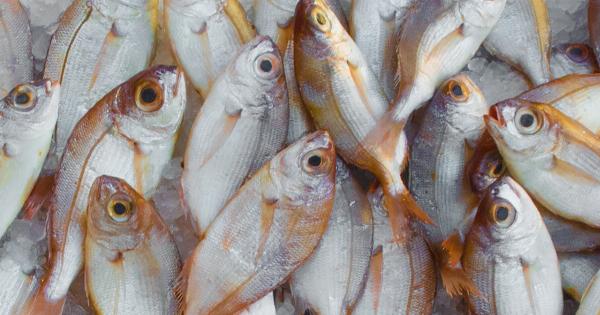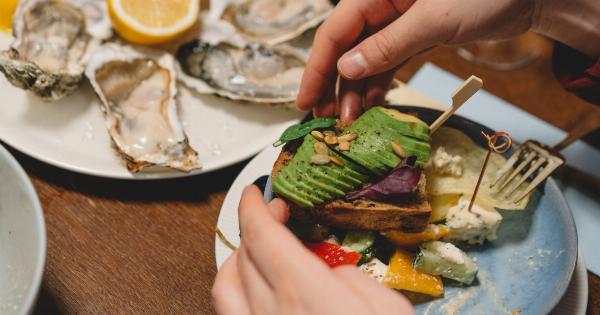Seafood is a nutritious and essential part of a healthy diet. However, pregnant women need to be careful to ensure that their seafood intake is safe for both themselves and their unborn child.
Certain types of fish can contain high levels of mercury, which can be harmful to the developing fetus. Here’s what you need to know about safe seafood consumption during pregnancy.
What Types of Seafood Should Pregnant Women Avoid?
Some types of fish that pregnant women should avoid include:.
- Shark
- Swordfish
- King mackerel
- Tuna (especially albacore tuna)
These fish are at the top of the food chain, which means they contain the highest levels of mercury. Mercury can damage the nervous system, which is especially harmful during fetal development.
What Types of Seafood Are Safe to Eat during Pregnancy?
Pregnant women can safely consume up to 12 ounces (two average-size meals) of seafood per week that are low in mercury, such as:.
- Salmon
- Tilapia
- Catfish
- Cod
- Trout
- Shrimp
- Canned light tuna
- Pollock
- Sardines
- Anchovies
These types of fish are generally safe for pregnant women to consume in moderate amounts. However, it’s important to note that not all fish from the same species have the same level of mercury.
It’s important to check local fish advisories to verify the safety of the seafood from the area where it was caught.
Safe Seafood Preparation
Pregnant women should ensure that their seafood is cooked thoroughly to eliminate any bacteria or viruses that can cause foodborne illness. Here are some guidelines for safe preparation:.
- Cook shrimp, lobster, crab, and scallops until they’re opaque.
- Cook fish until the flesh is flaky and separates easily with a fork.
- Steam mussels, clams, and oysters until their shells open. Discard any that do not open.
- Avoid eating raw sushi or sashimi, ceviche, and oysters.
- Refrigerate leftover seafood promptly and consume within two days.
It’s also important to practice good food safety habits when handling and preparing seafood. Clean hands, utensils, and surfaces thoroughly before and after handling seafood to avoid the spread of harmful bacteria or viruses.
Benefits of Seafood Consumption during Pregnancy
Despite the need for caution, consuming seafood during pregnancy has numerous benefits:.
- Omega-3 fats are especially beneficial for fetal brain development and can be found in fatty fish such as salmon.
- Seafood protein provides vital amino acids for fetal growth and development.
- Iron found in seafood can help prevent anemia, which is a common issue in pregnant women.
- Vitamin D is essential for fetal bone development and can be found in fatty fish such as salmon and tuna.
Focusing on low-mercury seafood choices offers critical nutrients for expecting mothers and their developing babies.
In Conclusion
Seafood can be an excellent source of nutrients during pregnancy, but it’s important to choose the right types and prepare them safely.
By following these guidelines, pregnant women can enjoy the benefits of seafood while minimizing the potential dangers of mercury exposure.































